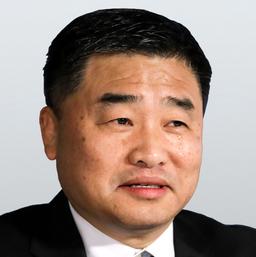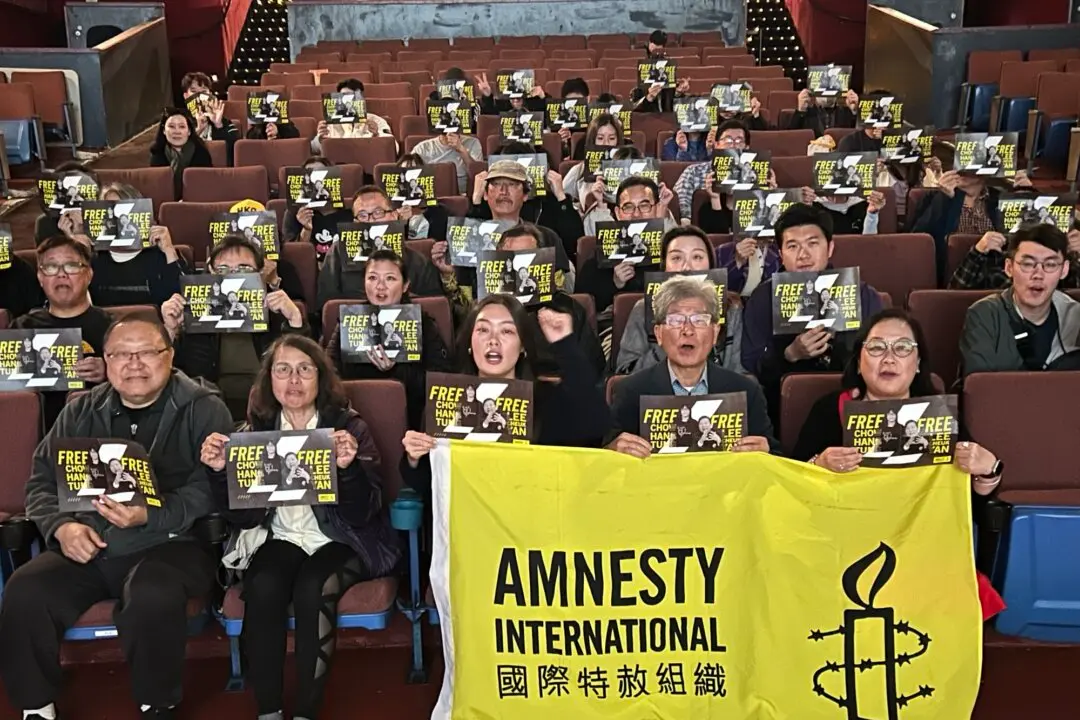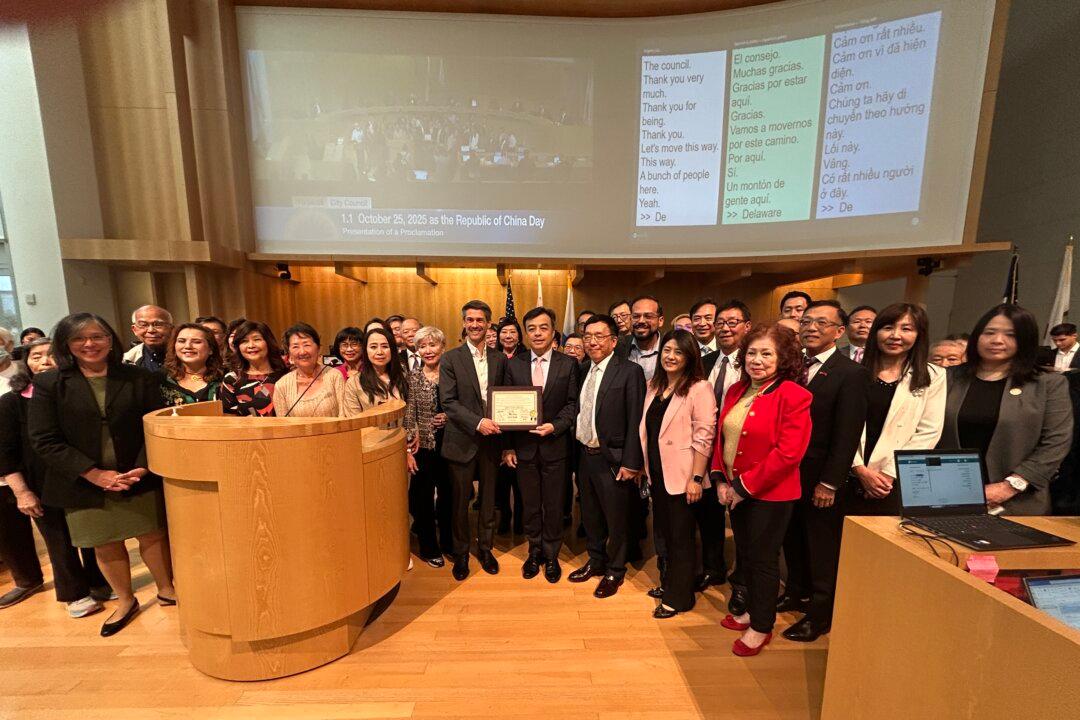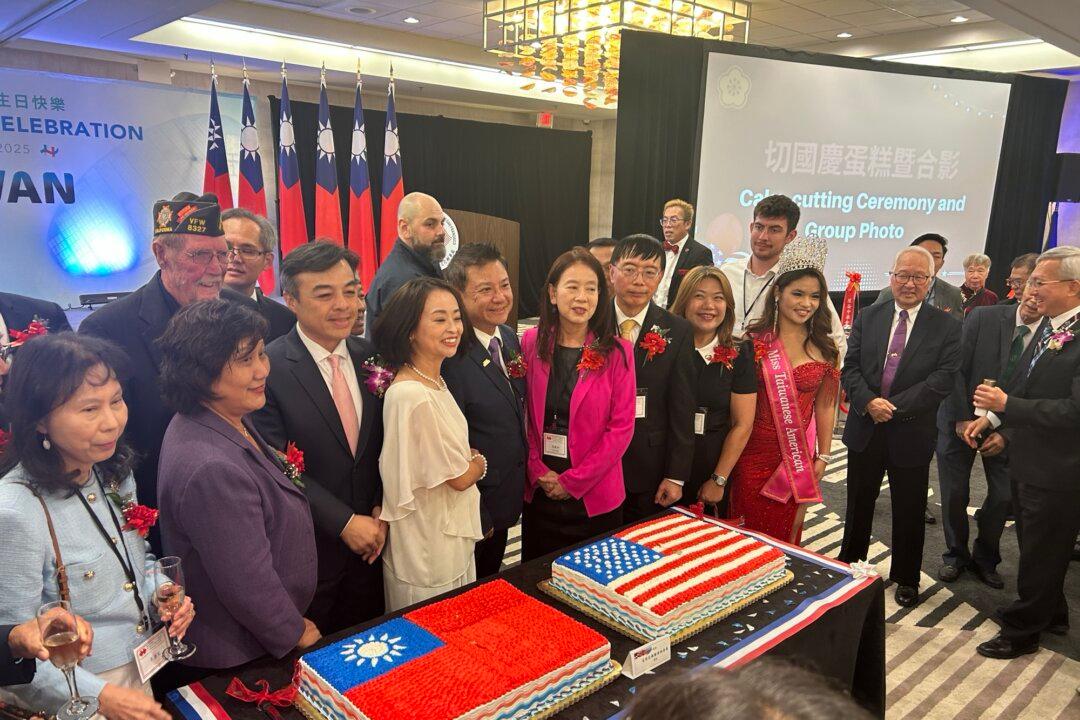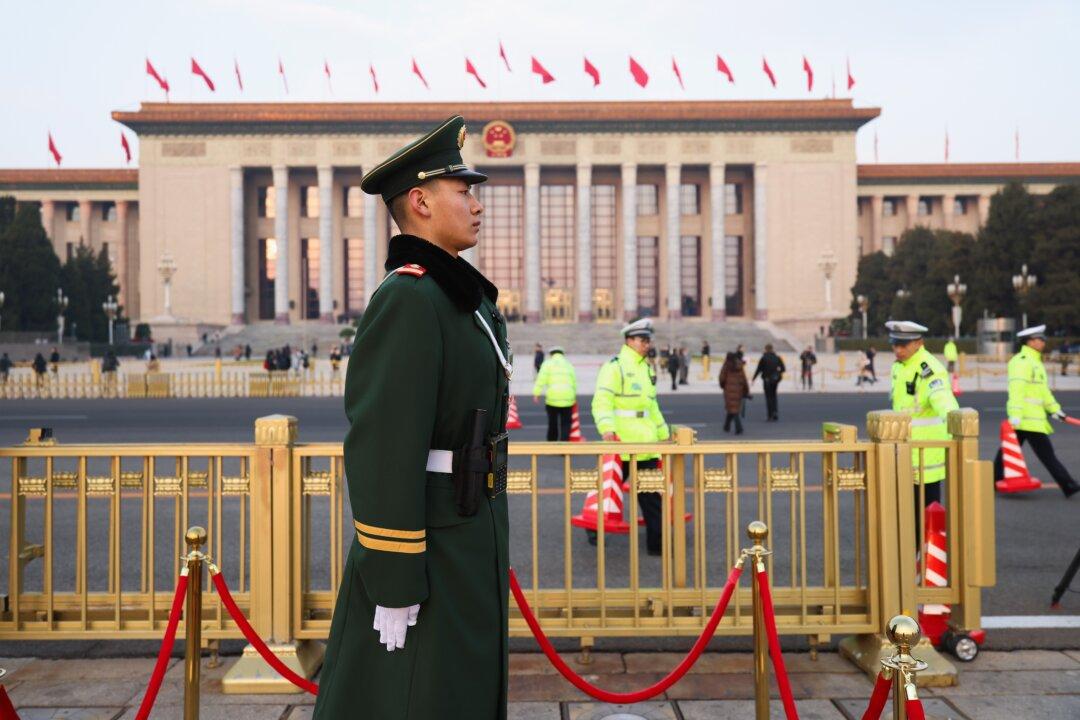SAN FRANCISCO—Fang Zheng, an American citizen whose legs were crushed by a tank during the 1989 Tiananmen Square Massacre, has been denied entry to China for his father’s funeral since Feb. 7.
The Tiananmen Square Massacre occurred on June 4, 1989, when the Chinese Communist regime used tanks, troops, and assault rifles to kill thousands of students in order to end the student-led demonstration for freedom and democracy in Beijing’s Tiananmen Square.

